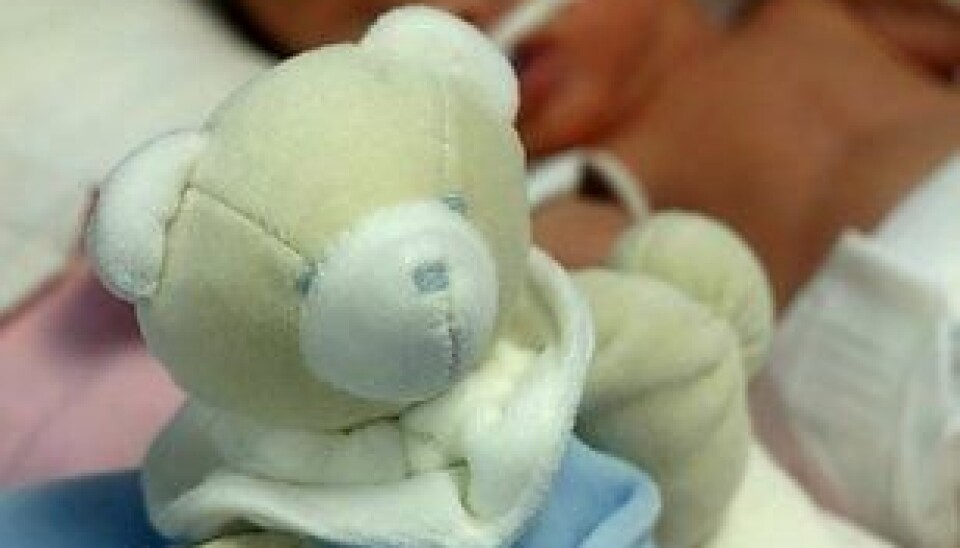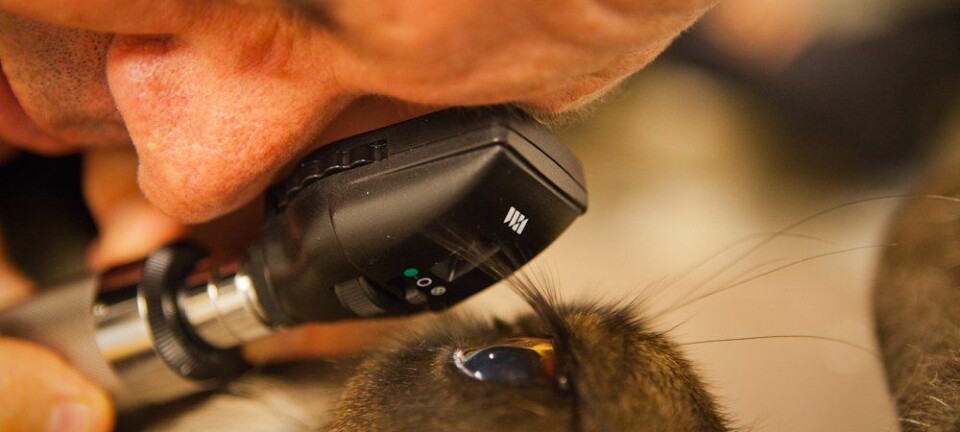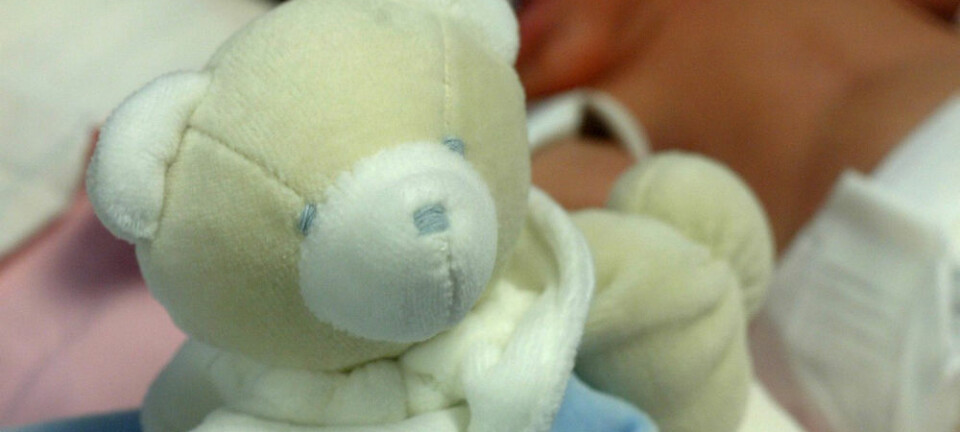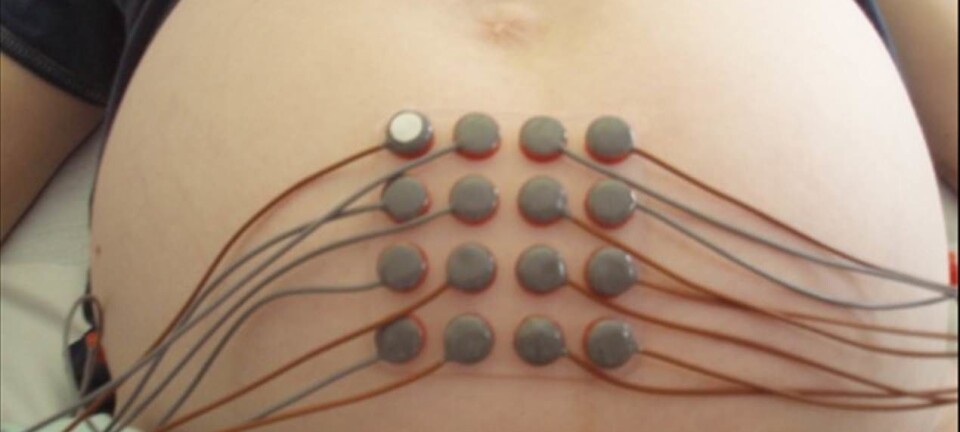
Why premature babies get bad eyesight
Impaired vision in extremely premature babies is often caused by brain damage, new study shows.
Infants born extremely prematurely are at increased risk of developing bad eyesight.
Up to now, it has been assumed that the impaired vision was mainly due to damage to the infant’s retina, known as retinopathy of prematurity (ROP).
But now a study suggests that the cause in many cases is not to be found in the eyes, but in the brain.
“To date, medical science has been labouring under the assumption that the cause of the impaired vision was primarily located in the retina. We’re showing that these children just as frequently suffer visual impairment due to a brain injury,” says specialist registrar Carina Slidsborg, of the Department of Ophthalmology at Glostrup Hospital, Denmark.
The cause of impaired vision appeared hazy
Slidsborg got the idea for the study when, during a review of literature, she came across studies of how ROP affects vision. She noticed that the studies generally didn’t mention brain damage as a possible cause of the handicap.
Meanwhile, in her daily work as a doctor, she noticed that ophthalmologists only include brain damage as a possible cause if retinal damage cannot provide an immediate explanation for the impaired vision.
This made her wonder whether brain damage is an underestimated cause of visual impairment in premature babies.
As a first step, she looked into the Danish birth registry, where she found 262 extremely premature babies born between 2004 and 2006.
These children and their parents were then called in for a developmental eye examination.
Brain damage more important than eye injuries?
Out of these 262 children, 178 showed up for the test and had their retinas checked. Meanwhile, the parents were asked to complete a development survey in which they on a clearly defined scale indicated how their children were doing in terms of communicative, motor and mental development.
Using a variety of statistical tools, Slidsborg discovered that brain damage is an important risk factor for visual impairment in children.
“Our study shows that retinal problems and brain damage both significantly increase the risk of visual impairment, and that the children may well suffer from both conditions,” she says.
“However, our results indicate that brain damage may be the factor with the greatest importance.”
The problem is probably even greater
So brain damage is in many cases the cause if an extremely premature baby turns out to have impaired vision, and it appears that the problem is actually even greater than what Slidsborg managed to show in her study.
This became clear after a close examination of the available data about the remaining 84 children who did not show up for the test at the hospital.
“We looked at the data from the national register for visually impaired children and found that seven out of the nine non-participating children we found data about had brain damage as the main diagnosis.”
When they checked these same children in the Danish national patient register, they also found more diagnoses related to neurological damage in the non-participating children than in those who did participate.
“If these children had turned up for the test, there’s no doubt that we would have found an even clearer correlation between impaired vision and brain damage.”
---------------------------------------
Read this article in Danish at videnskab.dk
Translated by: Dann Vinther










